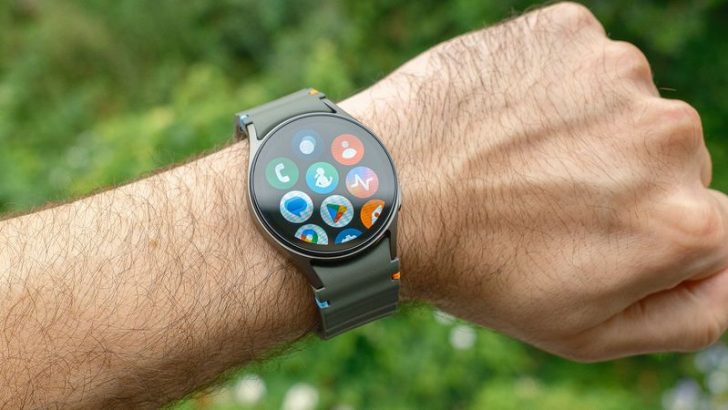In today’s digital age, the ability to track and monitor our daily activities has become more sophisticated than ever. Often cloaked in the guise of convenience, many everyday objects have been designed with hidden tracking capabilities. From the gadgets we wear to the appliances we use, these items can collect data about our habits, preferences, and locations. While some of these objects are obvious culprits, others might surprise you. This article explores eight such everyday items that are secretly keeping tabs on your every move, shedding light on the unseen surveillance woven into our daily lives.
1. Smartphones

Ever wondered how smartphones know exactly where you are? These handy gadgets are equipped with GPS capabilities, enabling them to pinpoint your location at any given moment. Not only do they track where you are, but they can also keep a log of places you’ve visited. This information is often used to provide personalized recommendations.
Many apps request location access, and once granted, they silently monitor your movements. This constant connection can be both a boon and a bane, depending on how it’s used. A device in your pocket that tracks every step—truly a modern marvel.
2. Smart TVs
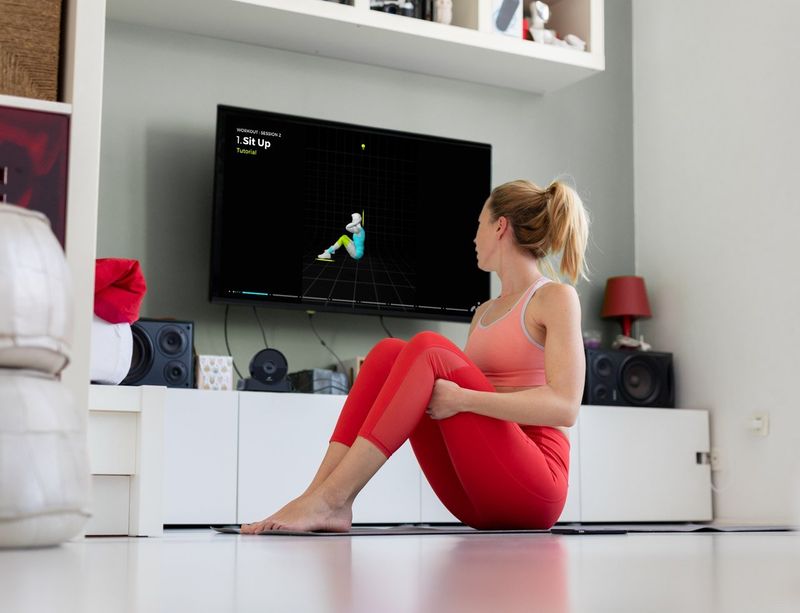
As you sit back to enjoy your favorite shows, your smart TV could be watching you. These high-tech devices often come with built-in cameras and microphones. Designed to enhance user experience, they can also collect data on viewing habits.
Manufacturers and third-party apps may use this information to tailor advertisements and content. While some may appreciate the personalized touch, others might feel uneasy knowing their TV is tracking them. Hidden behind the screen, this technology blurs the line between entertainment and surveillance.
3. Fitness Trackers
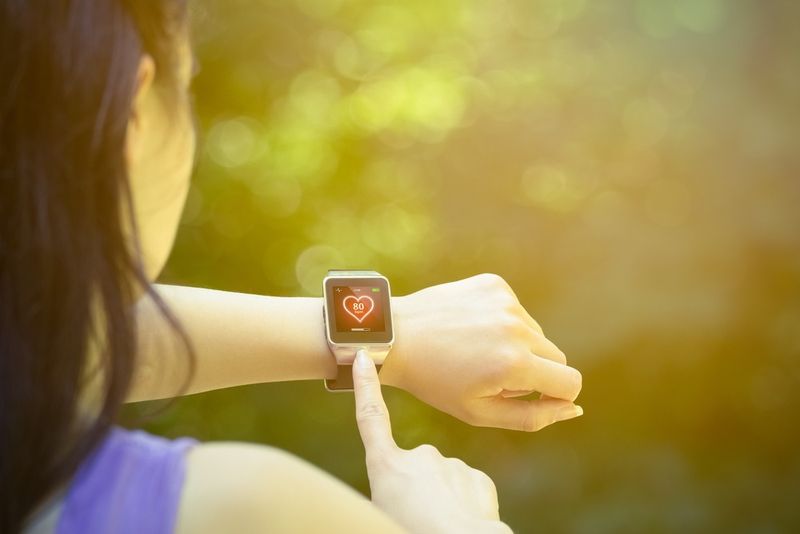
Fitness trackers, ever-present on wrists, do more than count steps. These gadgets monitor heart rate, sleep patterns, and even GPS location. They offer insights into your health and lifestyle, but they also collect a treasure trove of personal data.
This information can be shared with health apps or insurers, raising privacy concerns. While providing motivation to stay active, they might also feel like an electronic chaperone. For many, the trade-off between fitness and privacy is worth it; for others, it’s a step too far.
4. Smart Home Devices
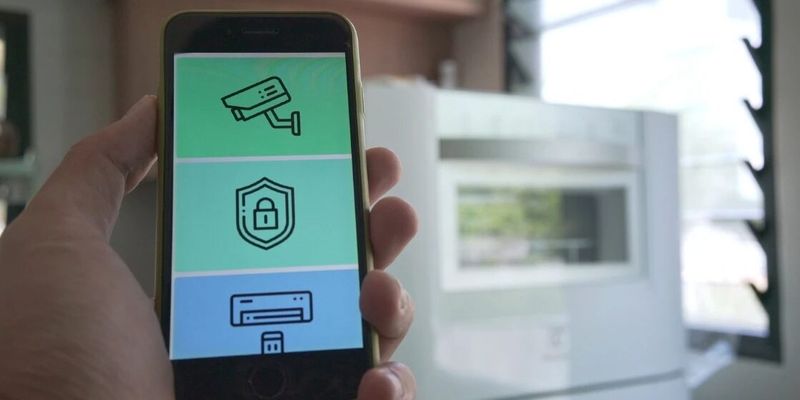
Imagine a home where even the walls have ears. Smart home devices like speakers and thermostats are designed to simplify life. However, their ability to listen to commands means they also capture ambient sounds.
These devices often record snippets of conversations to improve functionality or for analysis. The prospect of private discussions being overheard can be unsettling. While they offer unparalleled convenience, the trade-off often involves a slice of privacy. It’s the smart home revolution, with a side of surveillance.
5. Credit and Debit Cards
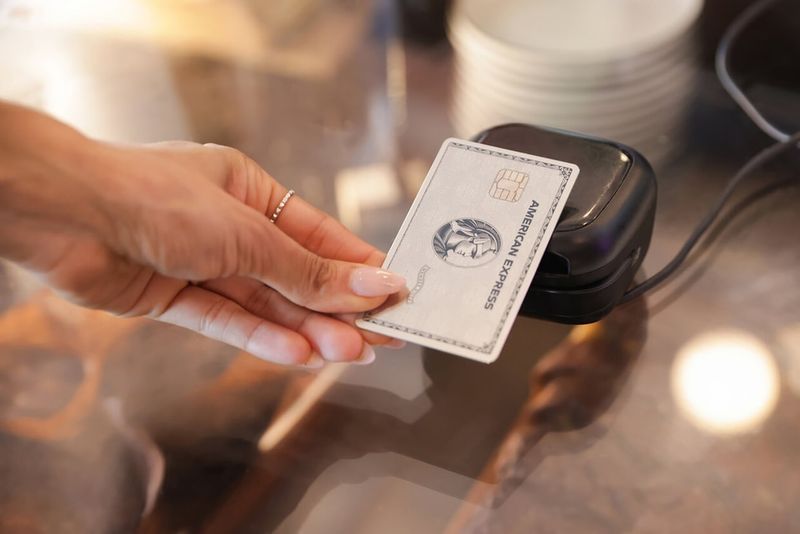
Every swipe of your credit or debit card tells a story. Financial institutions track purchase history to detect fraud or offer rewards. While this can enhance security and provide perks, it also means every transaction is monitored.
The data collected can reveal spending habits and even predict future purchases. Some may find this helpful, while others see it as an intrusion. It’s a modern convenience that comes with an invisible shadow, silently recording your financial footprints.
6. Smart Watches
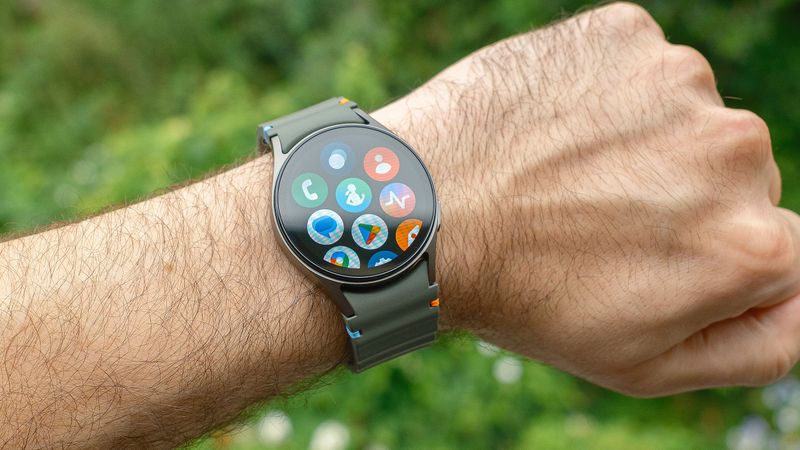
Smart watches, the tiny tech companions on wrists, are more than just timekeepers. They track fitness metrics, receive notifications, and can even make calls. This constant connectivity means they gather a wealth of data.
From locations visited to heart rates recorded, smart watches compile detailed user profiles. Some embrace this as a leap in technological advancement, while others worry about the implications. They serve as both a personal assistant and a silent observer.
7. Connected Cars
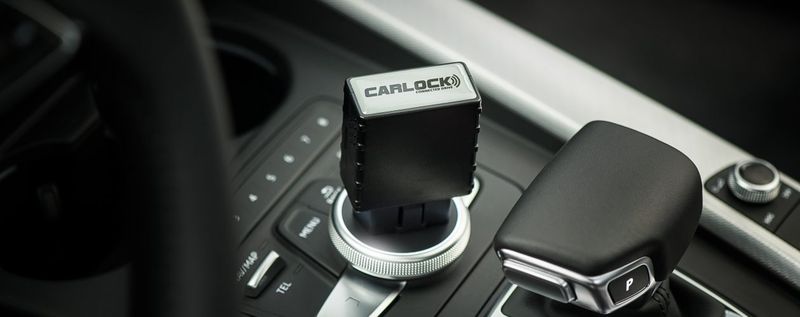
Cars today do more than transport; they communicate. Connected vehicles come equipped with GPS, onboard diagnostics, and internet access. While enhancing driving experience, they also log routes, speeds, and destinations.
Manufacturers and service providers use this data for various purposes, including maintenance and personalized services. While some drivers appreciate this innovation, others are wary of being constantly monitored. As cars become smarter, the road to privacy gets bumpier.
8. Retail Store Rewards Cards
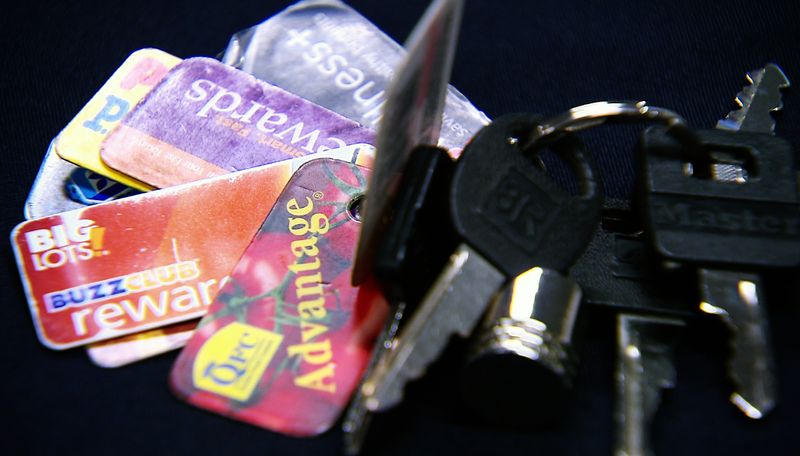
Loyalty cards offer discounts in exchange for a glimpse into your shopping habits. Retailers track purchases to tailor promotions and enhance customer experience. While receiving personalized offers can be pleasing, it also means sacrificing some privacy.
This data reveals preferences and can be used to predict future buying behaviors. It’s a trade-off—saving money at the expense of anonymity. Whether seen as a perk or a price, these cards are more than mere plastic; they’re a window into personal preferences.

